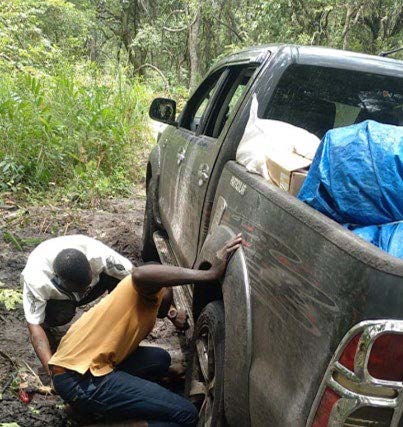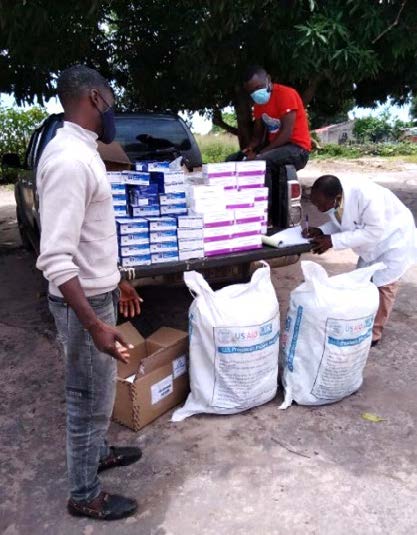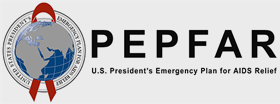In 2019, nearly 7 million Angolans contracted malaria and 13.6 thousand died from this preventable and curable disease . In the 16 years since Angola became one of the first U.S. President’s Malaria Initiative (PMI) focus countries, these numbers have seen steady improvement . Yet, standing water left behind by the rainy season leads to spikes in malaria cases in Lunda-sul Province.
In February 2021, heavy rains in Malanje and Lunda-sul provinces in Angola left many health facilities cut off from the provincial warehouses, right in the middle of the malaria season, leaving them low on supplies. Many of the provinces’ facilities are in remote areas and don’t have the infrastructure to store any more than the equivalent of three months’ worth of malaria test kits, medicines, or long-lasting insecticide-treated nets (LLINS).
Under the coordination of the Provincial Malaria Control Program, with funding from PMI and in collaboration with the Municipal Directorates of Health, the USAID Global Health Supply Chain Program-Procurement and Supply Management (GHSC-PSM) project developed a plan to deliver the products to health facilities.
The project first consulted regular road users and assessed which roads were washed out and which remained accessible and ensured they had vehicles equipped with four-wheel drive and knowledgeable drivers to navigate what would certainly be bumpy, muddy terrain. Having worked with Octávio in the past, the project knew his dynamic personality and collaborative nature would make him the perfect person for this rainy-day job.





